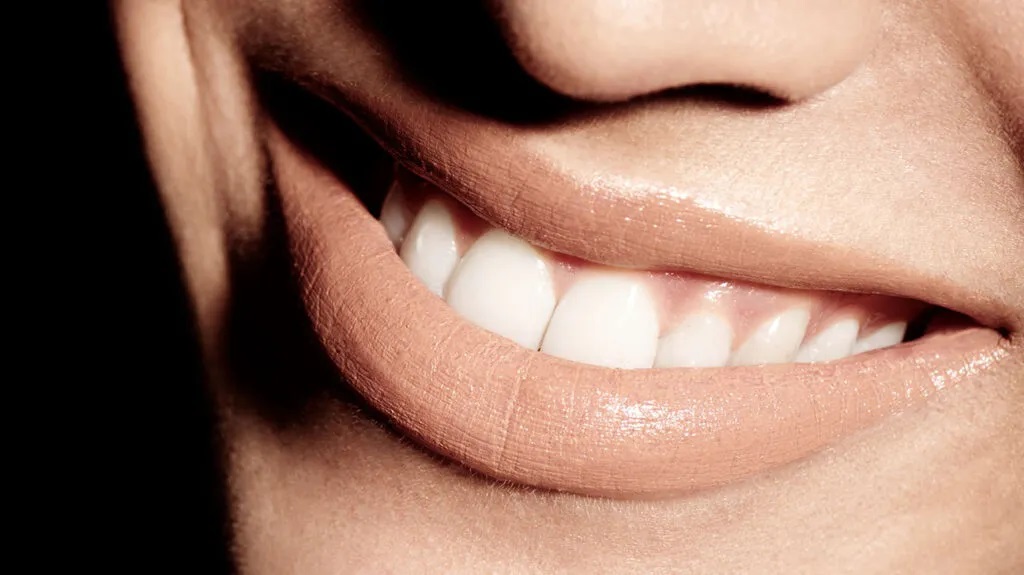Teeth can be replaced in different ways depending on your unique dental requirements and your personal preferences. One of the most popular methods of replacing missing teeth used to be with removable dentures. Removable dentures are still very popular amongst the elderly population. This is because they are highly convenient and can be taken out of your mouth and replaced as necessary. Unfortunately many patients lose teeth early on in life. For these patients dentures may not be ideal. Although dentures restore the appearance of your mouth and some of the function of your mouth, they are very different to your natural teeth. This is because they sit on top of your gums and are not very secure. If you have suffered from premature tooth loss then you want a fixed, reliable and permanent solution for your missing teeth. In this case you need to speak to your dentist and find out about dental implants Teddington.
Dental implants
Dental implants are an excellent alternative to traditional dentures. They are very different in that they are fixed into your jawbone and cannot be removed unless you fracture the bone. Dental implants allow you to replace your missing teeth permanently and you can either have a crown or a set of dentures depending on how many teeth you need replacing. The dentures may be partial or complete, again depending on how many teeth you are missing or need replacing.
To begin with, as mentioned, one of the first advantages of dental implants is that they are designed to be permanent. Dental implants are made of medical grade titanium. Titanium is one of the strongest metals, however it is very lightweight which means it is ideal for medical purposes. It is non corrosive and it is biocompatible. This means that it can be inserted into the human body and is readily accepted without causing any adverse reactions. In fact, when dental implants are in place they improve your dental health and well-being. They prevent any further bone loss which is very common after missing teeth. They also prevent gum recession which is also common with missing teeth. Bone decay and gum recession can affect your remaining teeth, therefore by preventing either of these complications, dental implants help strengthen your remaining teeth.
By replacing the missing tooth dental implants also prevent your remaining teeth from becoming crooked or wonky. This happens because the teeth move to try and fill the gap left by the missing tooth. This can affect the appearance and health of your remaining teeth. You need to speak to your dentist sooner rather than later and find out about dental implants. Bone decay and gum recession happen very soon after losing a tooth and the quicker you speak to the dentist the fewer complications there will be. If you have significant bone decay or gum recession then you will need to undergo a bone graft or gum surgery before you replace your missing teeth and this can lengthen the process. In some cases dental implants may not even be suitable for you any longer.
Other significant advantages of dental implants is that they look and feel like your natural dentition. They restore the appearance of your smile using a customised crown or a set of dentures as necessary and they restore the function of your mouth. You are able to eat and drink as you did before losing a tooth. Natural teeth are slightly mobile, however dental implants are fixed into place. Your mouth will feel stronger than ever before. You will be able to enjoy all of your favourite foods. If your speech has been affected by missing teeth, dental implants will also restore fluency and this can help you avoid embarrassment. Dental implants restore your self-confidence and your self-esteem. Tooth loss can make you look older than you actually are which means that dental implants can restore your youthful appearance as well, due to stimulating the jawbone.
Looking after dental implants
Dental implants are designed to last for the whole of your life. They are easy to maintain. You simply look after them as you would your natural teeth. This includes brushing your teeth at least twice a day, flossing between your teeth, using a suitable mouthwash where necessary and making sure that you visit your dentist on time. Maintaining a healthy diet, making good lifestyle choices and avoiding sugary snacks, smoking and excessive drinking as much as possible and making sure that you maintain excellent dental hygiene for the rest of your life are all imperative. Speak to your dentist and find out more about dental implants and replacing missing teeth.


